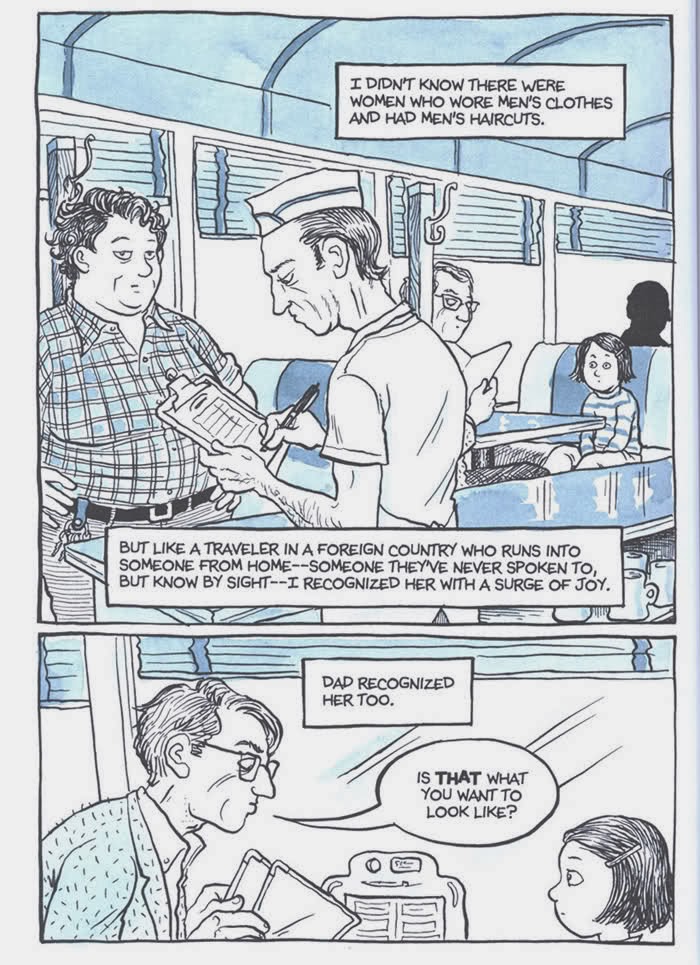Vanishing and Secret Apps: approximating ephemerality?

What we say on the record has changed radically over just the past five years or so. I think it has also devalued the first-person narrative. Basic economics, right, 'cause there's an awful lot of it out there. So, of course, I am interested in how the way we communicate is changing. There was an interesting article by Hiawatha Bray in the Boston Globe this morning about our reacquaintance with the value of privacy: "You remember privacy, right? We were quite fond of it until the Internet came along. Then we started handing our personal data to anybody who promised us free e-mail service." Bray highlights apps like Wickr, SnapChat and Telegram, where ostensibly, the content of your conversations is deleted and erased. Like a real time conversation, it is ephemeral.



